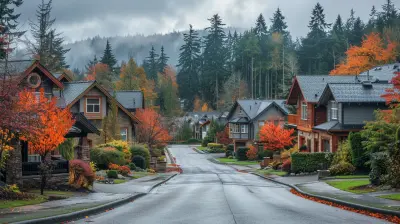Top Mistakes to Avoid When Purchasing Rural Land
19 June 2025
Buying rural land sounds like a dream come true, right? Wide-open spaces, fresh air, and the freedom to build your dream home or start a homestead. But hold on—before you sign that contract, there are some common mistakes that could turn your dream into a nightmare.
Many people rush into buying rural property without doing their homework, and that can lead to costly regrets. But don’t worry! I’ve got your back. Let’s dive into the biggest mistakes to avoid when purchasing rural land so you can make a smart and informed decision. 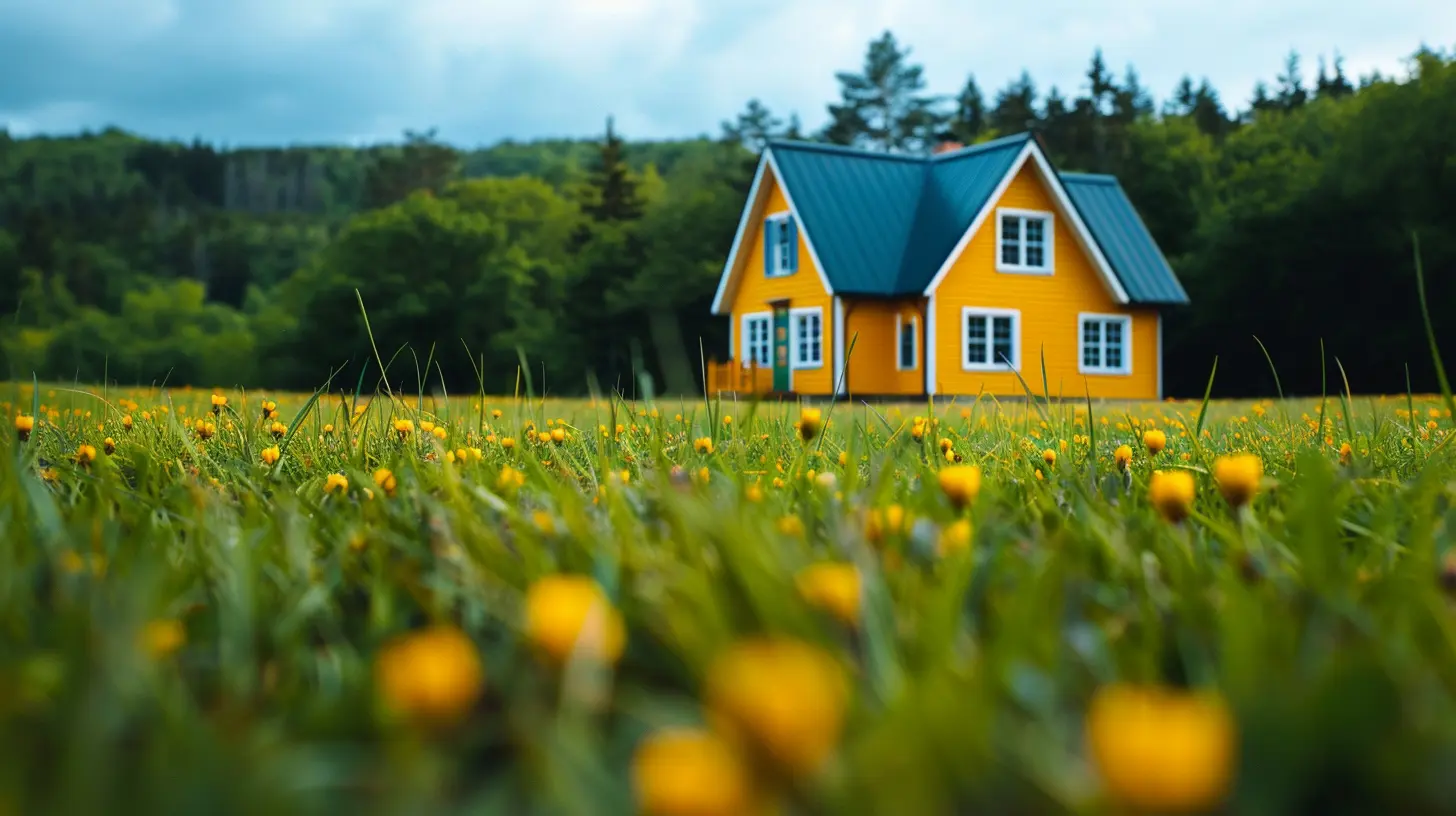
1. Not Researching Zoning and Land Use Regulations
One of the biggest mistakes buyers make is assuming they can do whatever they want with their rural land. Not true! Every piece of land is subject to zoning and land use regulations that dictate what you can and can’t do.Want to build a house? Start a farm? Run a business? You better check zoning laws first! Some rural areas restrict certain types of construction, livestock, or even hunting.
How to Avoid This:
- Contact the local zoning office to get details on land use regulations.- Check if there are any restrictions on farming, hunting, or building structures.
- Look into future development plans for the area (you don’t want a highway running through your backyard in a few years!).
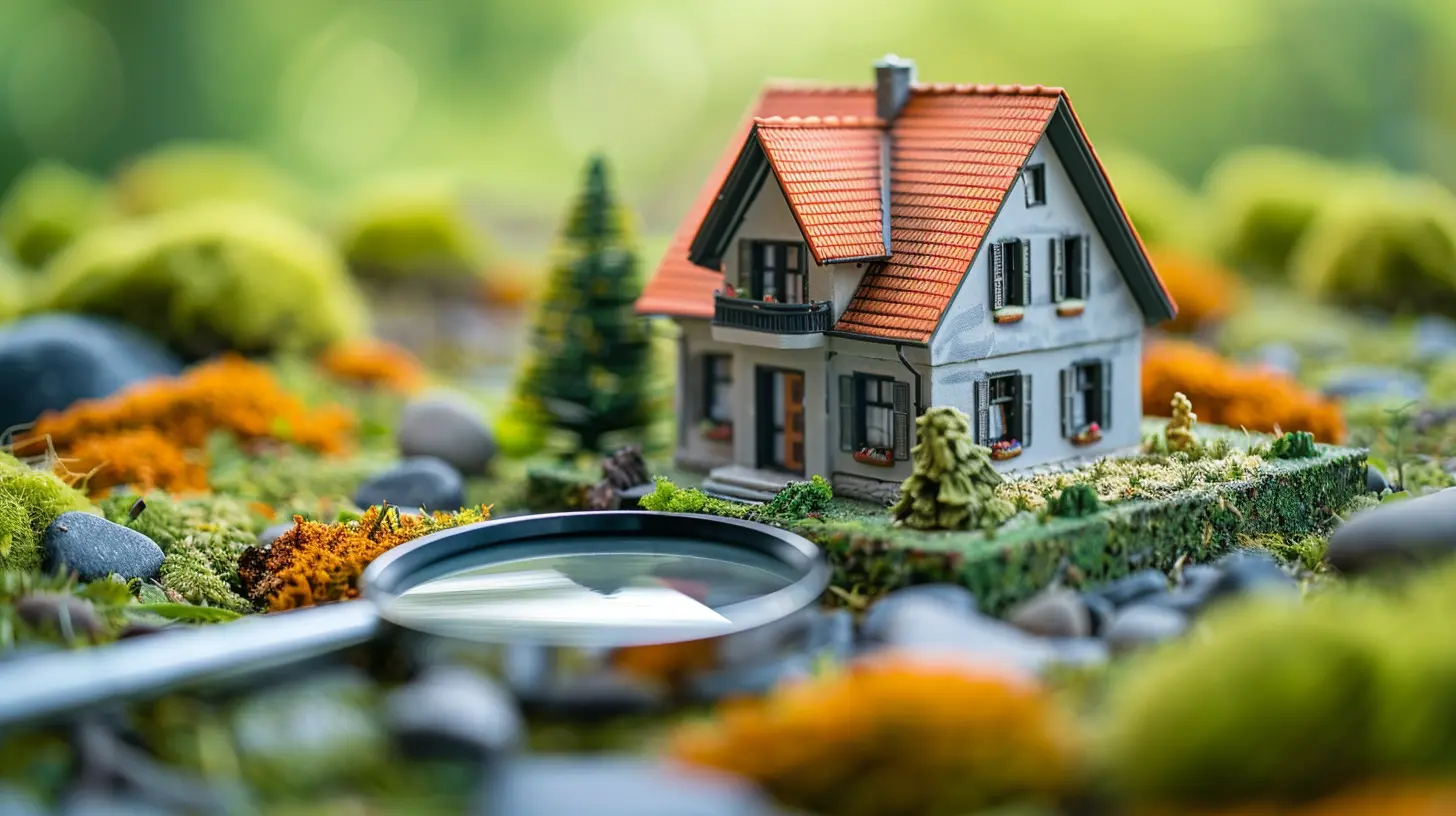
2. Failing to Check Access and Road Conditions
Imagine buying a beautiful piece of land only to realize you can’t actually drive to it. Sounds crazy, but it happens! Some rural properties don’t have legal access, meaning you might have to cross someone else’s land to get to yours.Even if there is a road, is it well-maintained? Dirt roads can turn into muddy traps after heavy rain, making access nearly impossible.
How to Avoid This:
- Make sure the property has a legal and deeded access road.- Visit the land in different seasons to check road conditions.
- Ask neighbors about road maintenance—some rural roads aren’t maintained by the county, which means you may be responsible for upkeep.
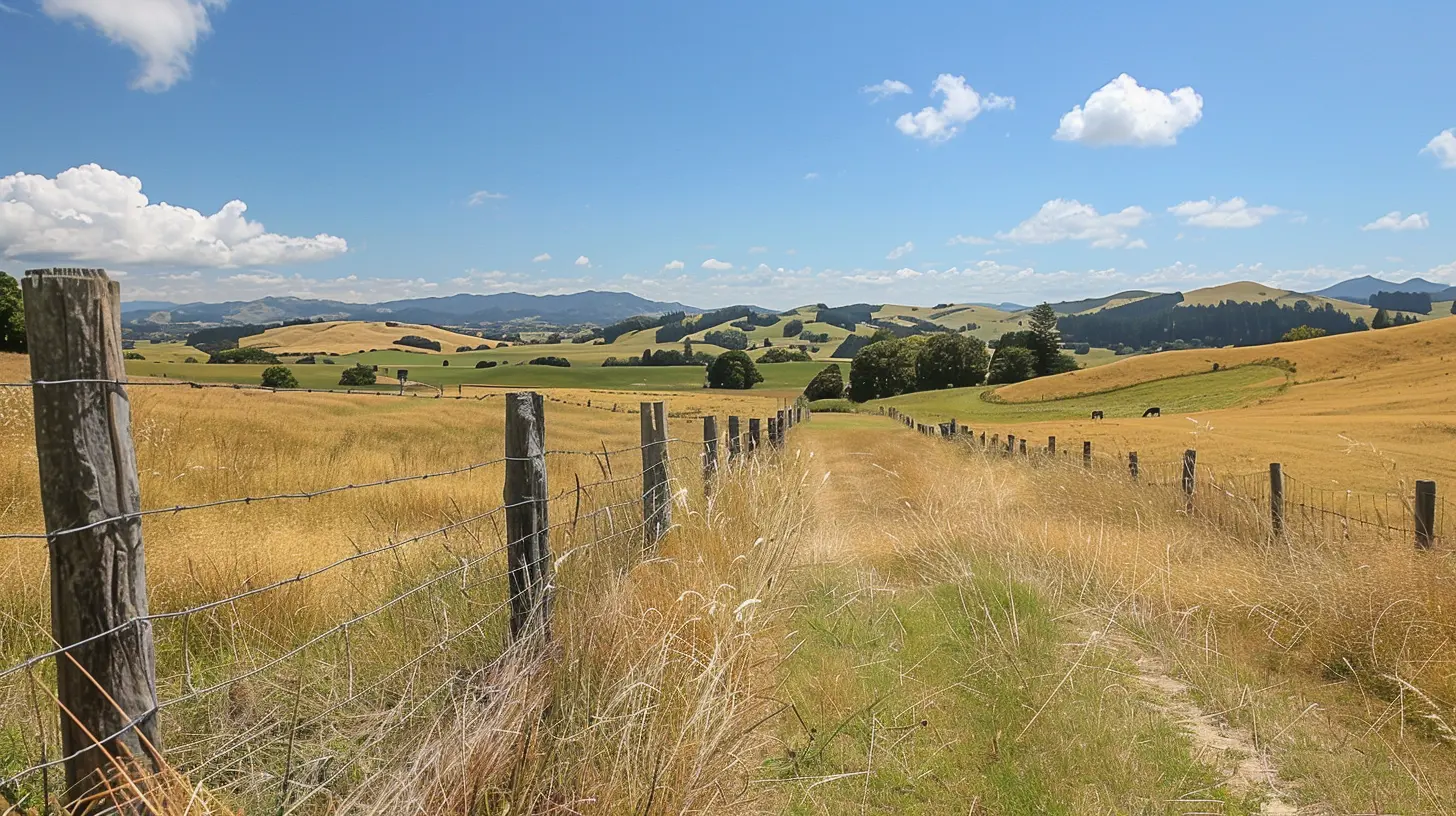
3. Ignoring Utility and Water Availability
Unlike city properties, rural land doesn’t always have easy access to utilities like water, electricity, and internet. If you’re planning to build a home, you’ll need to figure out how to get these essentials.Water is a big one—does the land have a well, or will you need to drill one? Drilling a well can be expensive, and there's no guarantee you'll find enough water.
How to Avoid This:
- Check if electricity, water, and internet services are available.- If the property relies on well water, get a water quality test.
- Ask about the cost of running power lines if there’s no existing service.
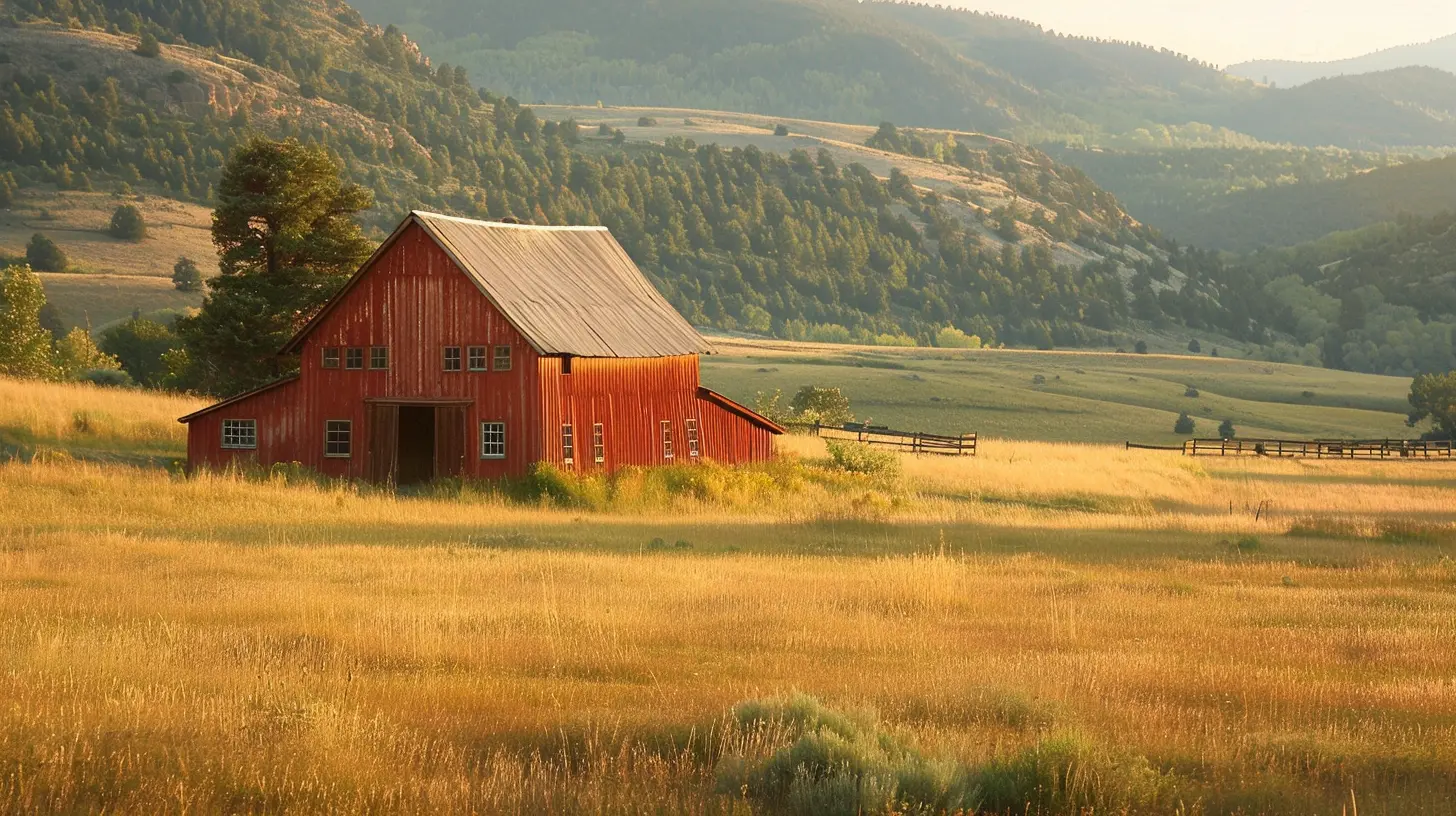
4. Not Surveying the Land Before Buying
You might think you know exactly where the property lines are, but unless you’ve had a professional survey done, you’re guessing. And guessing can lead to nasty disputes with neighbors.A proper survey ensures that you’re actually buying what you think you are—and not a few acres short.
How to Avoid This:
- Hire a professional surveyor to confirm property boundaries.- Check for any easements—land that legally belongs to someone else but crosses your property.
- Verify that fencing or natural land markers actually align with the recorded property lines.
5. Overlooking Environmental or Soil Issues
So, you’ve found the perfect piece of land—until you realize it floods every spring or the soil isn’t good for building. Environmental issues can turn your investment into a headache.Wetlands, protected lands, or poor soil quality can limit what you can do with the property.
How to Avoid This:
- Check for flood zones, wetlands, or protected habitats.- Conduct a soil test if you plan to farm or build.
- Talk to local experts about any environmental concerns in the area.
6. Skipping a Title Search
A title search ensures that the land has a clear and legal ownership history. The last thing you want is to buy land with unpaid taxes, liens, or disputes over ownership.If the title isn’t clear, you could end up in a legal battle over land you thought you owned.
How to Avoid This:
- Hire a real estate attorney or title company to conduct a full title search.- Make sure there are no outstanding liens or legal claims on the property.
- Get title insurance for extra protection.
7. Assuming Financing Works the Same as Buying a House
If you’re used to getting a traditional mortgage, you might be surprised to learn that lenders consider raw land a riskier investment. That means higher interest rates, larger down payments, and sometimes different financing options.How to Avoid This:
- Shop around for lenders that specialize in land loans.- Prepare for a higher down payment (sometimes up to 50%).
- Consider owner financing if traditional lenders aren’t an option.
8. Ignoring Local Wildlife and Pest Issues
Nature is beautiful—until wild animals or pests become a problem. Some areas have issues with deer eating crops, bears getting into trash, or coyotes threatening livestock.You also need to watch out for pests like termites, ticks, or even invasive plant species that can take over your land.
How to Avoid This:
- Talk to local residents about wildlife in the area.- Look for signs of animal activity before buying.
- Research pest control options for the region.
9. Underestimating Costs Beyond the Land Purchase
The cost of rural land isn’t just the price per acre. There are a ton of hidden expenses—fencing, septic tanks, wells, road maintenance, and property taxes can all add up fast.How to Avoid This:
- Make a budget that includes utilities, infrastructure, and maintenance.- Get estimates for any necessary improvements before buying.
- Consider property taxes—rural land is usually lower, but it’s still a cost to factor in.
10. Not Spending Enough Time on the Property Before Buying
Pictures and descriptions online can be deceiving. Before making a big investment, you need to spend time on the land—walk it, visit during different seasons, and get a feel for the area.What seems peaceful in the summer might be unbearable in the winter. The land might look dry now, but does it turn into a swampy mess when it rains?
How to Avoid This:
- Visit the property multiple times, in different weather conditions.- Walk the entire property to check for potential issues.
- Talk to neighbors—they often know things about the land that sellers won’t disclose.
Final Thoughts
Buying rural land can be one of the best decisions you ever make—as long as you do it right. Avoiding these common mistakes will save you time, money, and stress.Do your research, ask the right questions, and don’t rush the process. With careful planning, you’ll find the perfect piece of land without the headaches.
So, are you ready to find your dream rural property? Make sure you keep these tips in mind, and happy land hunting!
all images in this post were generated using AI tools
Category:
Rural PropertiesAuthor:

Vincent Clayton
Discussion
rate this article
2 comments
Nolan Hardy
Purchasing rural land isn't just about scenic views; it's a complex chess game. Avoid rushing in—conduct thorough research, understand zoning laws, and always assess access to utilities. A small oversight today can lead to big headaches tomorrow. Play smart!
October 31, 2025 at 5:01 AM

Vincent Clayton
Thank you for highlighting the importance of careful planning and research when buying rural land! Your insights on zoning laws and utilities are invaluable for making informed decisions.
Iliana McLanahan
Great article! Remember, buying rural land is an adventure—learn from the experts, stay informed, and enjoy the journey. Happy land hunting! 🌾🏡
June 19, 2025 at 8:51 PM

Vincent Clayton
Thanks for the kind words! Happy land hunting! 🌟


